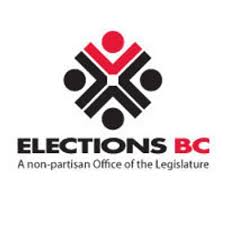Ottawa (with files from Canadian Press/CBC) – Finance Minister François-Philippe Champagne presented his first federal budget Tuesday and it includes big-ticket items to prop up an economy grappling with major economic disruptions but also cuts to the public service to get the fiscal house in order.
Champagne’s document shows a deficit of roughly $78 billion for the 2025-26 fiscal year — a figure that is lower than some economists had expected but still much higher than what the last Liberal government said it would be before U.S. President Donald Trump launched his trade war.
All told, this budget calls for some $141 billion in new spending over the next five years, which will partially be offset by some $51.2 billion in cuts and other savings.
Middle-Class Tax Cut
Since July 1, 2025, Canadians have been paying less tax after the government
announced lowering the first marginal personal income tax rate from 15 per
cent to 14 per cent. The rate reduction, which is currently before Parliament as
part of Bill C-4, applies to taxable income of up to $57,375 in 2025, providing
meaningful relief to middle-class Canadians—during a period of significant
economic uncertainty and affordability challenges.
Nearly 22 million Canadians will benefit from tax relief of up to $420 per
person, saving two-income families up to $840 a year. The majority of tax relief
will go to Canadians with incomes in the two lowest tax brackets. Nearly 45 per
cent of the tax relief will go to Canadians with income below approximately
$57,400 (the first tax bracket) and 40 per cent to Canadians with income
approximately between $57,400 and $114,800 (the second tax bracket).
Cancelling the Divisive Consumer Carbon Price
Canada’s new government cancelled the divisive consumer fuel charge—directly
allowing Canadians to save money from the price they pay at the pump. The
government also removed the requirement for provinces and territories to have
a consumer-facing carbon price as of April 1, 2025. These actions have reduced
gasoline prices in most provinces and territories by up to 18¢/L in comparison
to 2024-2025, lowering headline inflation.
The government is also winding down mechanisms to return direct fuel charge
proceeds to Canadians, small- and medium-sized businesses, farmers, and
Indigenous governments.
This measure is estimated to cost about $4.2 billion in 2025-26. This included a
final Canada Carbon Rebate payment in April 2025 to residents of provinces
where the fuel charge applied.
Eliminating the fuel charge, which is currently before Parliament as part of
Bill C-4, will give Canadian consumers and businesses certainty that the
consumer carbon price is being permanently removed from legislation.








